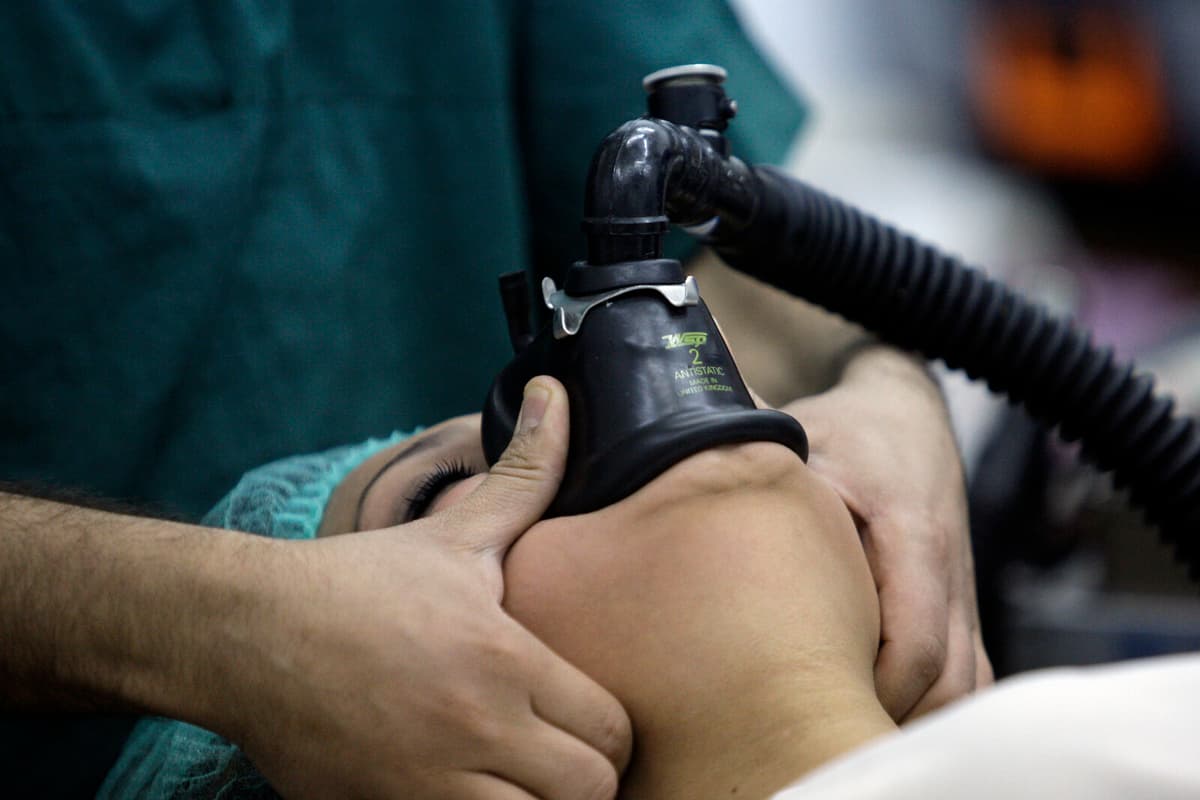After two years of supervision, Ivo concludes in a final report that there are extensive deficiencies and risks within many of the activities that perform aesthetic surgery or aesthetic injection treatments.
Partly, there are those who are unscrupulous and operate injection businesses without the required authorization. But there are also some activities where it's about not having knowledge of what is required to conduct this type of business, says Göran Olsson, unit manager at Ivo.
Twelve prohibited
The supervision of 86 activities has led to twelve patient-hazardous activities being prohibited and twenty-two activities being ordered to take action against serious problems within a certain time. Several actors have also chosen to discontinue their activities after the supervision.
Ivo has also reported 38 individuals within the reviewed activities who have broken the law in their professional practice and thereby exposed patients to great risks.
The supervision has, among other things, shown that it is common for unauthorized personnel to perform aesthetic injection treatments such as botox and fillers. Such treatments may only be performed by doctors, dentists, or nurses.
Even if the treatments are of a minor nature, they can, if performed by persons with insufficient education, cause blindness, lung damage, and brain damage.
Fewer but worse
According to the report, the supervision revealed fewer, but in many cases more serious, deficiencies in activities that performed aesthetic surgery. Above all, more serious when it comes to the consequences for patients.
When it comes to aesthetic surgical activities, there aren't quite as many deficiencies, but the deficiencies that exist there can have much more serious consequences. It's because they perform more complicated surgical interventions where patients are often anesthetized, which can be a risk, says Göran Olsson.
As an example, the report mentions that a doctor without the required specialist competence anesthetized a patient without dosing the medication according to the patient's height and weight. The patient could not be awakened after the operation and died. In another case, a patient died due to acute complications in connection with anesthesia before a surgical intervention.
The Health and Social Care Inspectorate (Ivo) has compiled a checklist for those who are to undergo aesthetic treatment and want to ensure that the performer is serious.
1. The person performing the treatment must have authorization as a nurse, doctor, or dentist. Aesthetic surgery may only be performed by doctors and dentists.
2. You should receive written information about, among other things:
that the reflection period for injection treatments is two days. For surgical interventions, the reflection period is seven days.
costs for the chosen treatment.
the expected treatment process and result.
what patient insurance has been taken out for the activity.
contact person in case of complications that arise after treatment.
significant risks of complications and side effects.
that the activity is registered with Ivo's healthcare provider register.
Source: The Health and Social Care Inspectorate






